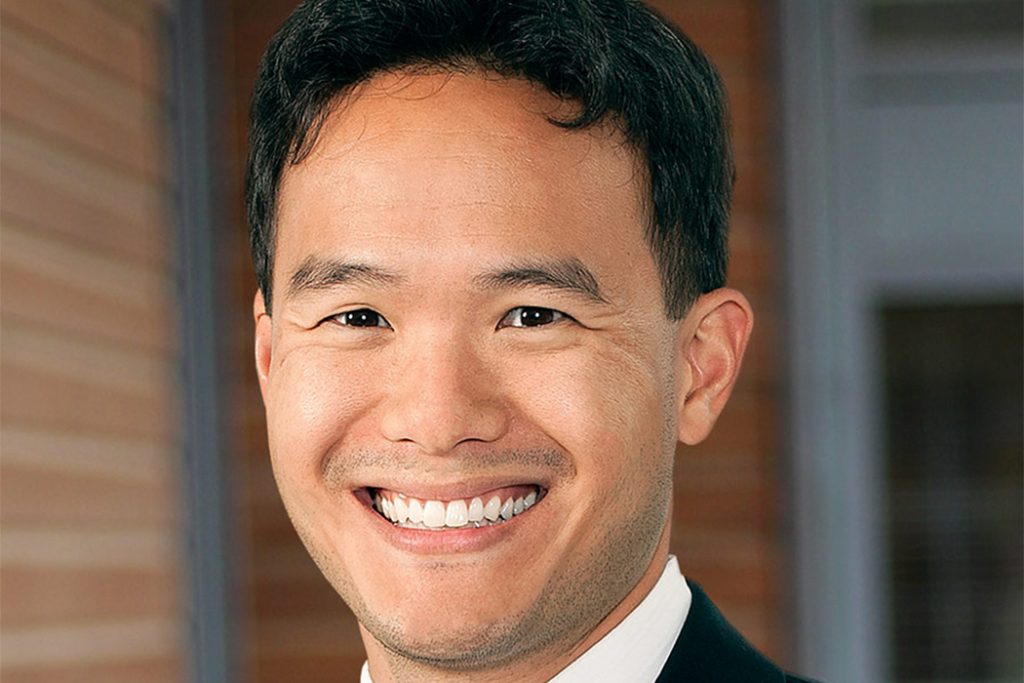Three constitutional scholars who offered different proposals in the recent New York Times op-ed collection, “How to Fix the Supreme Court,” appeared as panelists in a BC Law Dean’s Distinguished Program webinar, “Reinvigorating American Democracy through Court Reform,” on January 27.
Their calls for meaningful court reform come at a time when the American judicial system is being severely tested by competing political agendas.

BC Law Professor Kent Greenfield, who authored “Create a New Court” in the Times, suggested the Congress create a “Constitutional court,” not to supplant the current Supreme Court, but to augment it. Under Article III of the Constitution, Greenfield said, Congress has the power to delegate constitutional questions to a separate set of judges.
“It is a response to a political situation and is a political response. But I think you can create this court in a way to re-legitimize the courts and I think that’s something people of all political stripes should get behind,” Greenfield said.
Aaron Tang (above), a law professor at the University of California, Davis, argued in favor of his position that progressives should put pressure on the conservative justices on the Supreme Court through the threat of court packing in order to push them towards a more moderate position.
“If their choice is between moving the law radically to the right in a way that provokes rebalancing the court with six more liberal justices … and moderating their voice, and they are still power brokers on a more centrist nine-member court where they can win modest conservative victories here and there, it is quite plausible that two of those justices might choose door number two,” Tang said.

University of Michigan Law Professor Leah Litman said hers is a “yes and” proposal rather than an exclusive one. Her idea is to expand the number of lower federal courts—a power Congress has exercised in the past—where most cases get resolved.
The number of cases in the lower federal courts have far outpaced the number of judges on those courts, Litman explained, causing lengthy wait times after filing a case. Additionally, if Congress chooses to enact new legislation expanding and creating new federal rights, such as abolishing qualified immunity or creating a statute prohibiting partisan gerrymandering, the number of cases in the lower federal courts will increase and the country will need an expanded court system to meet demand.
Expanding the lower federal courts would also provide an opportunity to correct both political and professional asymmetry on the courts. Litman suggested it could be an opportunity to add civil rights lawyers, former public defenders, immigration lawyers, lawyers who have worked on behalf of consumers, and economic justice to the courts.
She also pointed to cases regarding the presidential election that went through the lower federal courts. The courts are on the brink of adopting legal theories that could undo the policies that any future Democratic administration may engage in, she said. “As currently constituted, the lower federal courts pose a credible threat to democracy.”
While none of the panelists explicitly called for the addition of new justices to the Supreme Court as it currently exists, all three agreed that court reform is necessary to get closer to a solution to the many problems democracy faces.
“Court reform is democracy reform. We need a massive reinvigoration of democratic norms,” Greenfield said, suggesting that election day be named as a holiday and same-day voter registration be made universal: “But I think without court reform, democracy reforms are fragile. In some ways it has to be part of the package.”
BC Law Professor Kari Hong moderated the panel discussion.


